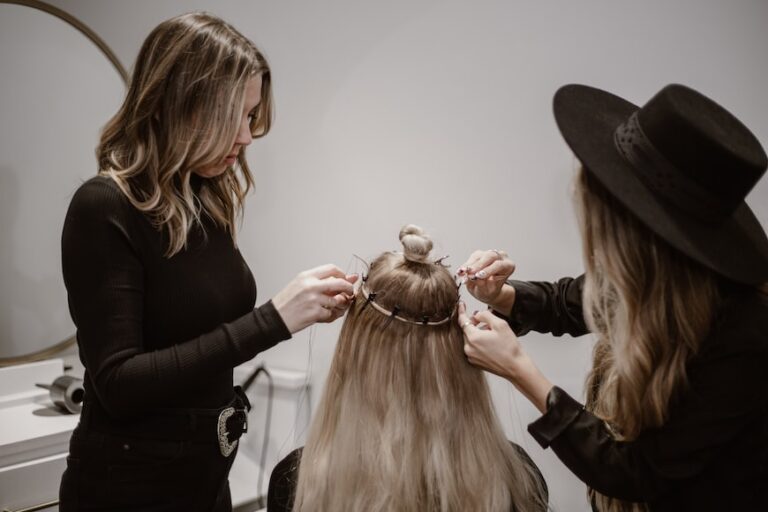Table of Contents
Hair relaxers have long been a popular choice for individuals seeking straighter, more manageable hair. However, the use of hair relaxers has sparked a heated debate regarding their potential toxicity and health implications.
In a recent post, The Guardian mentioned a study from 2021 that was published in the Carcinogenesis Journal of Oxford University. It discovered links between the use of lye-containing relaxers and the risk of breast cancer, but it found insufficient evidence to imply a link between the use of hair relaxers as a whole and the risk of breast cancer.
As a result of inconsistent studies, advocates argue for the transformative effects of hair relaxers on hair beauty, while critics raise concerns about the potentially harmful chemicals involved. This article discusses the ongoing controversy over the safety of hair relaxers, looking at the arguments on both sides and highlighting viable alternatives.
Hair Relaxers and Beauty Benefits
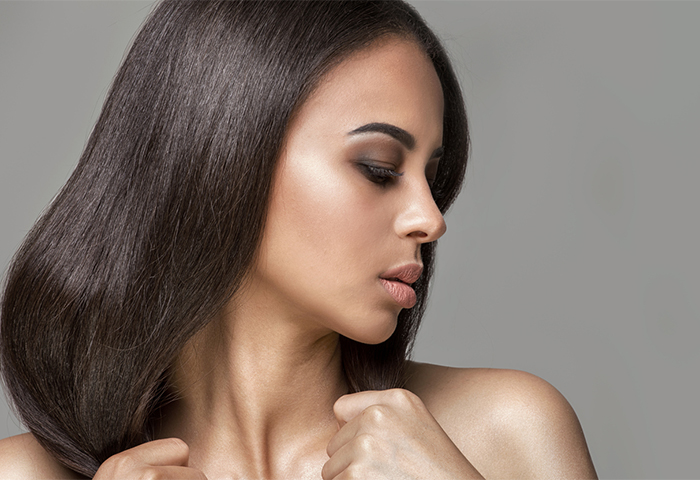
Hair relaxers are chemical products specifically formulated to modify the natural texture of hair, with a particular focus on curly hair. Their main objective is to disrupt the protein bonds responsible for the hair’s inherent curl pattern.
According to Hair Club, hair relaxers achieve this effect by penetrating both the cuticle and cortex layers of the hair shaft, resulting in the loosening of the natural curl pattern. Unfortunately, this process weakens the hair, making it more brittle and susceptible to breakage. Sodium hydroxide, calcium hydroxide, and guanidine hydroxide are commonly used as active ingredients in the above-discussed process.
Proponents of hair relaxers argue that they provide significant beauty benefits, allowing individuals to achieve a desired aesthetic and style. Straightened hair is often perceived as more manageable, making it easier to style and maintain. Moreover, relaxed hair can be less prone to tangles, reducing the need for frequent detangling and potentially leading to less hair breakage.
The Toxicity Concerns and Lawsuits
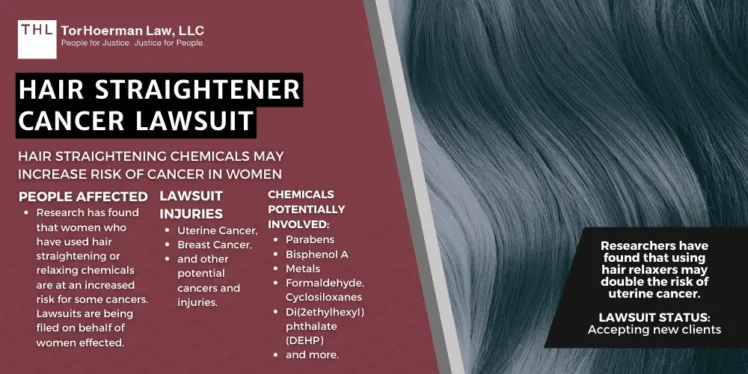
Opponents of hair relaxers highlight the potential health risks associated with their use. Many relaxers contain harsh chemicals that can cause scalp irritation, burns, and hair damage if misused or left on for excessive periods. Sodium hydroxide, for example, is a strong alkaline substance that can be particularly damaging to the hair and scalp if not handled with care.
Prolonged exposure to these chemicals may also increase the risk of cancer and respiratory allergies. In recent years, several lawsuits have been filed against hair relaxer manufacturers by individuals claiming they experienced adverse effects and injuries due to the use of these products. The increasing number of people filing a hair relaxer lawsuit has triggered discussions about the need for stricter regulations.
According to TorHoerman Law, the lawsuit alleges that the manufacturers knew or should have known about the dangers posed by the chemicals used in their relaxers, yet they did not provide sufficient warnings or instructions for safe usage.
Proper Application and Potential Risks
Critics of hair relaxers emphasize the importance of proper application to minimize potential harm. It is crucial to follow instructions meticulously, including using protective measures such as gloves and avoiding contact with the scalp. Professional application by experienced stylists is often recommended to ensure the safest and most effective results.
Even with careful use, however, there may be inherent hazards linked with the use of relaxers. According to a recent 2022 research by the National Institutes of Health, chemical relaxers may increase the risk of uterine cancer. Before using hair relaxers, people should carefully consider the potential dangers against the intended cosmetic advantages.
Safer Alternatives and Natural Care
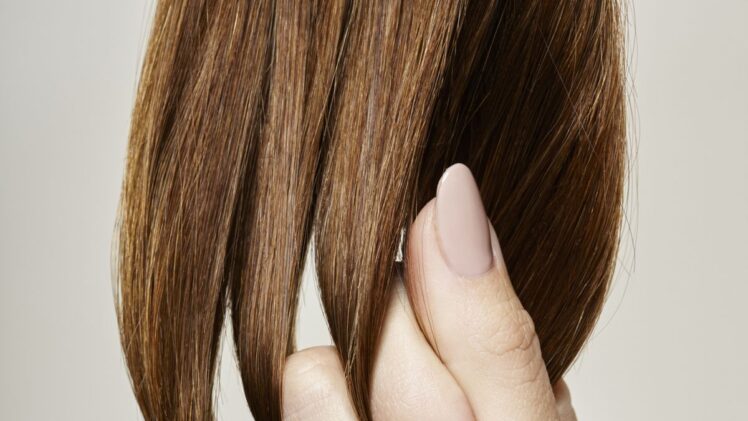
In response to the concerns surrounding hair relaxers, many individuals are seeking out safer alternatives to achieve their desired hair aesthetics. Natural hair care routines, embracing one’s natural texture, and using non-chemical methods for straightening, such as heat styling tools, are gaining popularity.
These alternatives offer individuals the opportunity to maintain healthy hair while still achieving versatile styles. Additionally, there is a growing market for natural and organic hair care products that are free from harsh chemicals commonly found in relaxers.
These products aim to provide individuals with safer options to achieve their desired hair looks without compromising their overall health.
Key Takeaways
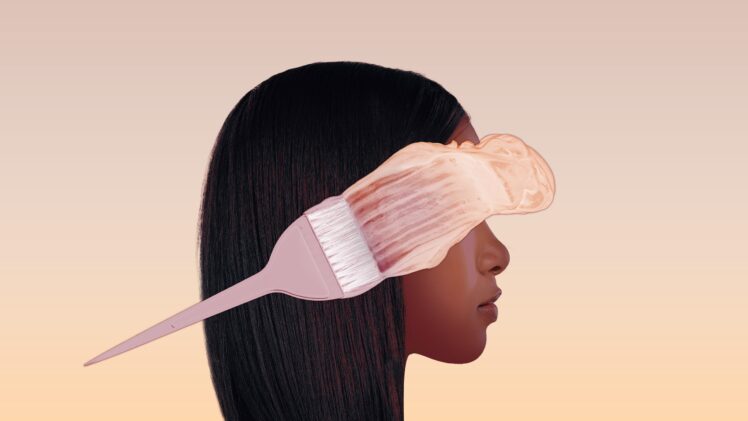
The debate surrounding the safety of hair relaxers is complex and ongoing. While proponents argue for the beauty benefits and transformative effects they offer, critics raise valid concerns about the potential toxicity and health risks associated with these products. The use of harsh chemicals in relaxers can lead to scalp irritation, hair damage and even increase the risk of cancer.
It is crucial to follow proper application procedures and consider the potential risks before using hair relaxers.
As a result, individuals are increasingly exploring safer alternatives, such as natural hair care routines and non-chemical methods, to maintain both hair beauty and overall health. The demand for natural and organic hair care products is also on the rise, providing safer options for achieving desired hairstyles.
Ultimately, informed decision-making and prioritizing hair health are essential in navigating the ongoing controversy surrounding hair relaxers.

